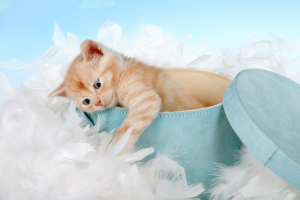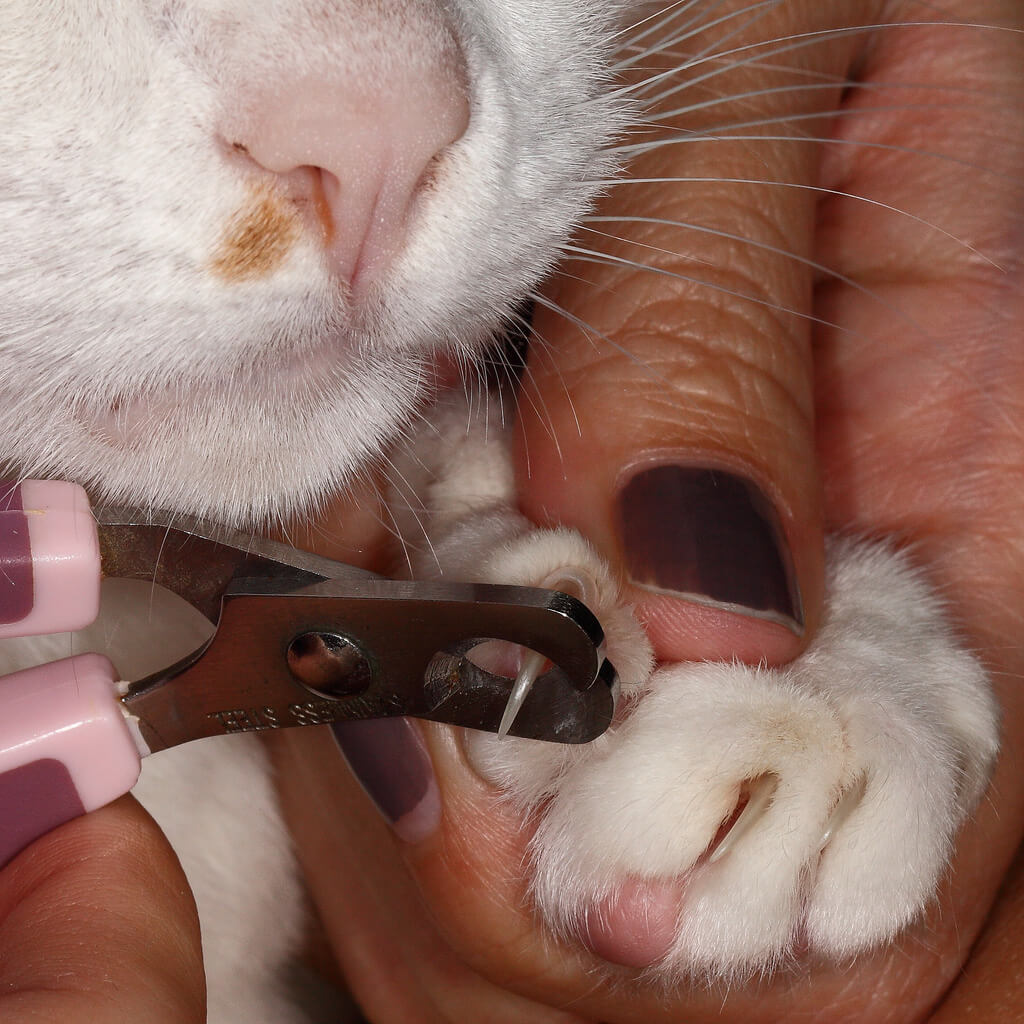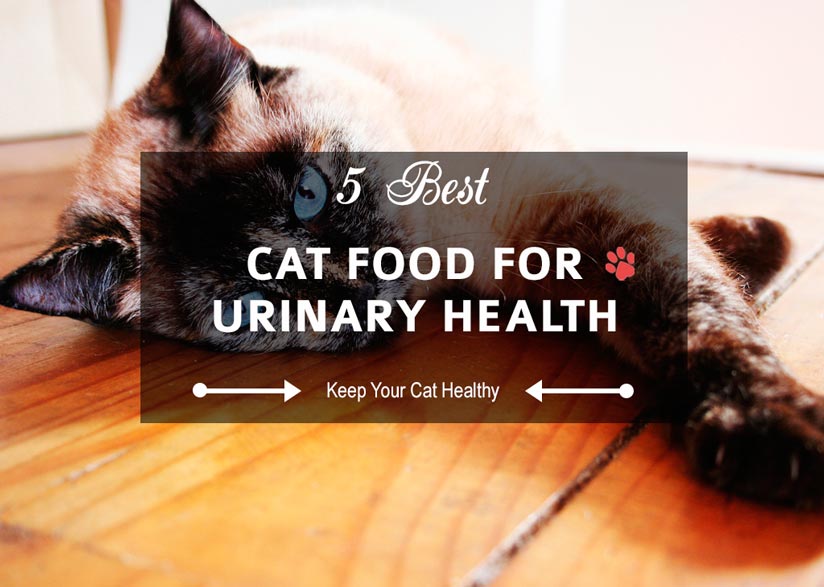
See also:
At around six weeks, your kitty needs abundant 6-week old kitten care. At this age, she generally has mastered her bearings and sense of balance, and she is learning how to play.
Basically, 6 week old kittens have different interest and willingness to interact. For instance, toys could be the most amazing things ever or totally frightening.
But there is much to know about 6-week old kitten care than feeding and treating her right. She needs to know how to use the litter box.
In this piece, you will find everything that you need to know about 6-week old kitten care in a fun and accessible format.
Related: 4 week old kitten care
What to Feed a 6 Week Old Kitten?
Good nutrition is an important part of 6 week old kitten care. A loving personality, boundless energy, strong bones, and a shiny coat all start with a proper diet.
Weaning Process
The natural weaning by the mother cat is characterized by a period of a gradual lessening of the young’s attachment to her mother. The mother would pat the kittens on the head and hiss at them when they want to nurse.
Generally, weaning starts at around four weeks of age. So, like a cat parent, you have to successfully wean your kitty off the bottle by the end of the sixth week. Although, you can take up to eight weeks to get her off the formula.
You must know that weaning is a stressful event for your kitty. You will be exposing her to a new protein, carbohydrates, and fat sources. Also, the change in texture and bulk of ingestion is significant.
She not only has to adjust to solid food but also suggestively increase her water intake in order to maintain hydration. Weaning kittens should always be supplied with fresh water.
How Much to Feed a 6 Week Old Kitten
Food given to a 6 week old kitten undergoing the weaning process should be specifically formulated for growth. Feeding between 3 to 3.5 ounce of dry food per day and 8 to 10 ounces of canned food per day normally meet the growing needs of most kittens.
When food is always available, she may nibble at it frequently. We recommend you to consider free-choice feeding for your 6 week old kitty (feeding her unlimited amounts of food). There are two ways you can feed your kitten:
- A mixture of wet kitten food and kitten milk replacer (KMR) at a ratio of 1:2
- A mixture of dry kitten food and kitten milk replacer (KMR) at a ratio of 1:3
We are maintaining a higher content of kitten milk replacer in order not to upset her tummy.
| Age (weeks) | Weight (pounds) | Suggested Daily Intake (grams) |
| 4 | 0.8 to 1.7 | 25 to 40 |
| 4 to 8 | 1.8 to 3.0 | 40 to 50 |
| 8 to 12 | 3.1 to 4.0 | 50 to 55 |
| 12 to 16 | 4.1 to 5.0 | 55 to 60 |
| 16 to 20 | 5.1 to 6.0 | 60 to 70 |
Normally, you have to feed her 4 to 5 times per day, since her tummy is still small and she cannot accommodate too much in that little stomach in one go.
Kitten Food Brands – Dry and Wet
As part of 6 week old kitten care, it is your responsibility to choose the proper diet for your 6 week old kitty. Today, there’re literally hundreds of commercial kitten foods available. Therefore, make sure you look for cat food that is specified for kittens.
Every food label you look at will be different. There are a few generalities that apply to all, but it is important that food contains the right types of ingredients. The food label must include a list of all ingredients used in the food.
The ingredient list for your kitten’s food should have:
- One or more protein sources
- Carb source, such as cereals
- Fat sources
- And large numbers of vitamins and mineral
Read more: Recommended Kitten Food 2018
Litter Box Training
At 6 weeks old, a kitty will know how to use the litter box not unless she is an orphan. A kitten that has not been litter trained will likely soil around the house, on the furniture, in the beds, or in the bathtub.
Though, at times, a newly trained 6 week kitty may poop on the floor near the litter box. Make sure you let her know when she’s blundered in her potty efforts. Never hit her, but firmly and quietly let her know that it is a definite no to mess around.
Gently grasp your kitten from under her armpits and carry her to the spot. Let her look at her poop and again tell her no. Then take her to the litter box and emphasize that the litter box is the right place to poop.
Always put the litter box in a quiet spot and make sure it is clean. If your kitten cannot seem to get the idea, then put her in the litter box after every meal, when she wakes up, and after an active play session.
Brag on her when she uses the litter box and she will soon go to the box by herself. Also, try always to be there when she uses the box.
How Can I Bath A 6 Week Old Kitten?
Adopting a 6 week old kitten, especially an orphan may require you to consider bathing. Baths are important in 6 week old kitten care, particularly when you suspect your kitten has fleas.
A kitten at this age cannot be treated with flea collars or pesticides. The only thing you can do is pick the fleas off her coat with your fingers and flush them down the toilet or give her a bath of kitten shampoo or soapy dawn dishwashing liquid.
Here are a few tips on how to bath a 6 week old kitty:
- Have a tap of comfortably warm water running.
- Soak her neck with warm water and create a ring of soap or shampoo on the neck to keep the fleas off the head.
- Soap or shampoo her entire body from the neck towards the tail. Use circular motions to get fleas and dirt off her skin and coat.
- Be sure not to get soap into her ears, mouth, nose, or eyes.
- Rinse her thoroughly to remove all traces of fleas, dirt, and shampoo/soap.
- Use cotton rounds to spot clean her head.
- After the bath, dry your kitten off with a soft, dry towel and then wrap her in another soft, dry towel until nearly dry.
Play, Socialization, and Behavior
At 6 week old, your kitten will become increasingly adventurous, leaving the bed and stumbling around. She learns mostly by copying your actions. Although, a major part of her day is spent in sleep.
It is important during this period that your kitty has plenty of social contact with people, otherwise, she will tend to be shy and fearful in the presence of humans and she might end up not making a good pet.
It has been shown repeatedly that 6 week old kittens that are frequently handled develop self-confidence. Their exploratory behavior makes them more playful and better at learning than those without such contact.
Socialization
Socialization impacts your 6-week old kitty on the most basic level. This is a sensitive period in your kitten’s development when she learns from positive and negative events.
Kittens that are well-socialized to other pets, people, and places learn that people, pets, and new places are nothing to fear. A socialized kitty becomes more confident, well-adjusted, and easy to play with.
Here are a few games you can play with your 6-week old kitten:
Clicker Play
Clicker play will help stop play aggression by directing your kitten’s energy toward something other than your hand or leg. Clicking is a fun way to channel her hyper-play energy and will mentally challenge her.
Put some of her play actions on use. For example, if she is a jumper, use clicker training to capture a jump with a click followed by a treat. You should be doing this before she becomes overstimulated.
Feather and String
For a 6 week old kitty, this is a very good game. Wave the feather and string above her head and tempt her to catch a flying object by jumping up and down. Play with her jump-and-catch in an open room.
Use a Crumpled Paper
Just crush or crumple a paper into a sizeable ball that you can easily roll around. Make your kitty chase the crushed paper ball. By the way, you should remember to hide the crunched paper after you’re done playing. She can easily make a mess of it on the floor.
6 Week Old Kitten Vaccinations
At 6 weeks old, your kitty is old enough for her first shot. Vaccinations help protect your kitty from certain ailments as she grows older.
There are two types of vaccinations for kittens:
- Core Vaccinations: They are usually suggested for all kittens as well as adult cats. They help safeguard your kitty against, particularly dangerous and common diseases.
- Non-Core Vaccinations: Unlike core vaccinations, non-core are only recommended for kittens who are highly vulnerable to infection.
Kitten vaccination is a wide topic which you may not fully understand on your own, especially if you are a new cat parent. So, we suggest that you inquire more from your veterinarian.
Kitten Vaccination Sample Recommendation
| Age (weeks) | Non-Core Vaccinations | Core Vaccinations |
| 6 to 8 | FIV/FeLV Test | FVRCP Doctor Examination |
| 9 to 11 | FIV, FeLV Boosters | FVRCP Booster |
| 12 to 14 | FIV, FeLV Boosters | FVRCP Booster |
| 15 to 17 | FIV/FeLV Test | Rabies, FVRCP Final Booster |
6 Week Old Kitten Won’t Poop
One of the main issues most cat parents are likely to face with their 6-week old kitten care is the inability to poop. You might be worried about constipation, but that is unlikely if her feedings are on schedule.
The popular technique that is usually used for younger kittens is stimulation. You need a cotton washcloth for this trick.
A 5 to 7 week old kitten normally defecates every 24 to 36 hours. You are supposed to do stimulation after her meal, after playing, and when she wakes up from her sleep.
Soak the cotton washcloth in warm water and use it to massage or stimulate her urethra and anal regions. You should be patient with her.
At six weeks, she is old enough. So, you can hold her on top of a litter box. This will make it easy to collect the pee and poop once your kitten eliminates.
Symptoms of Trouble and What to Do
Diarrhea
It is common for your 6 week old kitten to have loose elimination or diarrhea. In most cases, diarrhea will make your kitty become dehydrated to some extent. Dehydration will cause your kitty to lose body fluids and salts.
We suggest that you take your kitten to the vet. She may need antibiotics and injectable electrolyte treatment.
Constipation
A constipated kitten may eat well at one feeding, but fail to pass a bowel movement. At the next feeding, she may only eat a little, then reject the rest.
Any constipation must be caught early. Kittens normally pass a stool after each feeding; so, note her routine. You should be concerned if she skips more than one defecation.
You will need as much water as half of her regular feeding, or give a little at a time until results are obtained. Consider seeing your vet when the condition worsens.
Conclusion
We have covered the most important parts of 6-week old kitten care. At 6 weeks, your kitten needs to have stopped bottle feeding, know how to use the litter box, be able to play and socialize with other pets and people around the house.
One of the most important things you must do is establish a regular feeding and exercise schedule. Remember to feed her at approximately the same time and walk and play with her on a regular schedule.
You should also be overly concerned about her health. You should see your vet for anything that you cannot handle on your own, such as green diarrhea, constipation, and refusal to eat among other things.
 Best Nail Clippers for Cats 2019
Best Nail Clippers for Cats 2019 Best Cat Food to Prevent Vomiting
Best Cat Food to Prevent Vomiting Best Cat Food for Shedding
Best Cat Food for Shedding All About Persian Cats
All About Persian Cats Best Cat Food for Urinary Health
Best Cat Food for Urinary Health
My kittens are 7 weeks old they not tame i catch them and love on them for a little they have fleas what can I do to get them off them they are outside all time but what can I put on them to get fleas off
Need help kitten need help they got fleas 7 weeks old